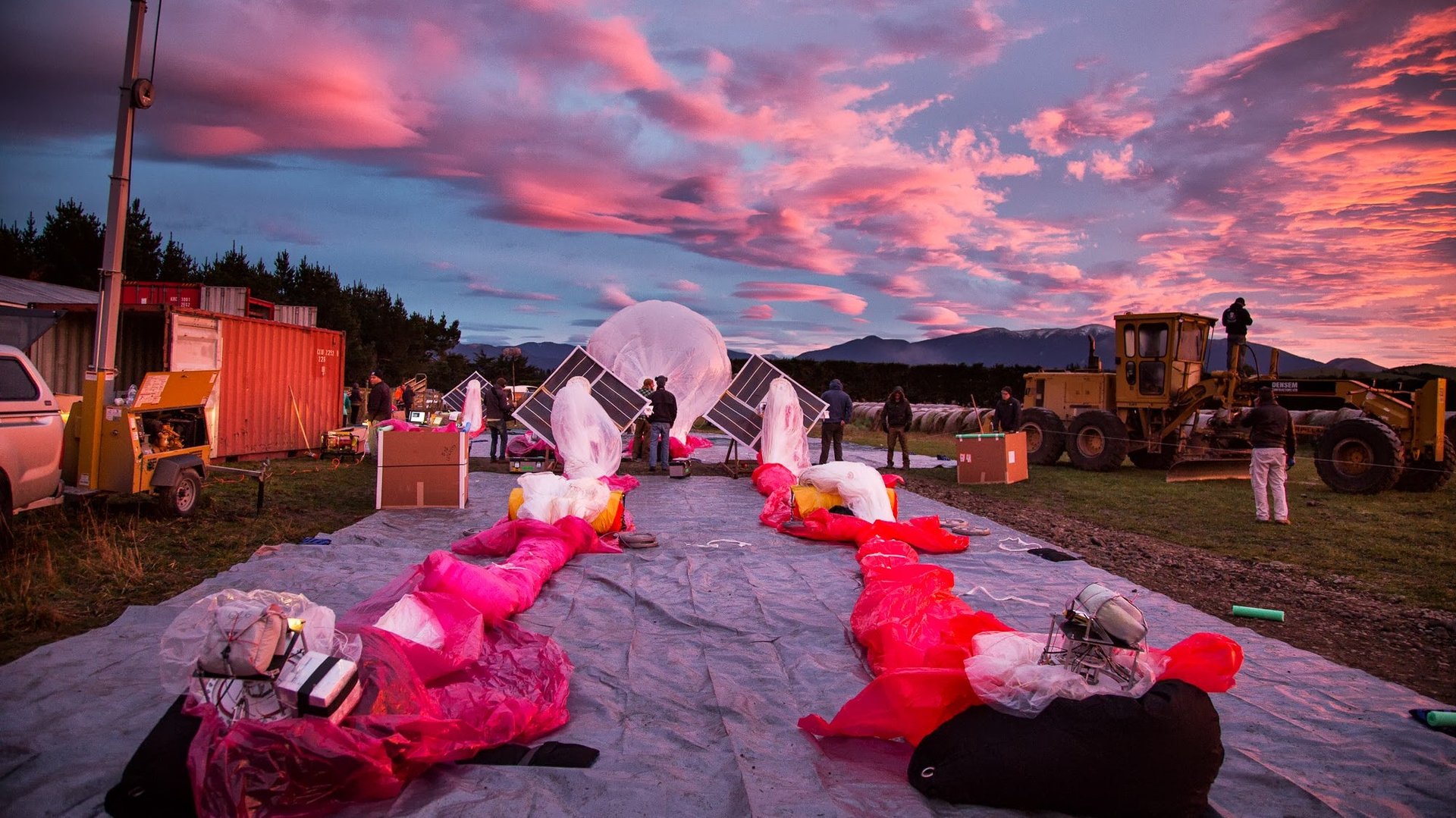Want to get the next Facebook update before anyone else? Move to New Zealand
Google launched a flock of Wi-Fi toting balloons from New Zealand’s South Island last week, and the choice of location was far from incidental: Kiwis have made a name for themselves as the perfect market for testing new tech.


Google launched a flock of Wi-Fi toting balloons from New Zealand’s South Island last week, and the choice of location was far from incidental: Kiwis have made a name for themselves as the perfect market for testing new tech.
The country is small but diverse, with at least half of the population made up of non-indigenous immigrants, which makes it “a perfect microcosm of a global community,” Candace Kinser of the New Zealand Internet Technology Center told the Agence Frence-Presse. The isolated country (New Zealand is more than 900 miles from its closest neighbor, the tiny Norfolk Island) is understandably big on “any technology that reduces the tyranny of distance,” adds Malcolm Fraser, chief executive of the Future Cities Institute in Auckland.
The country’s small population allows tech companies to test their innovations at relatively low cost. The isolation reduces the risk that glitches will spill over into major markets. Testing on an English-speaking country saves US companies the trouble of having to translate feedback and complaints.
Facebook is one of the many tech firms using the country as a testing ground. For instance, the company first implemented user- sponsored posts and its new Facebook Timeline profile layout in New Zealand. LinkedIn’s endorsements feature, which allows users to vouch for one another’s listed skills and experience, started there, too.
Google moved in on New Zealand with Project Loon, a balloon-powered wireless network that connects people in rural and remote areas to the internet. Google’s goal is to expand the network to cover two-thirds of the world’s population, but it’s starting with the dairy farmers of New Zealand.